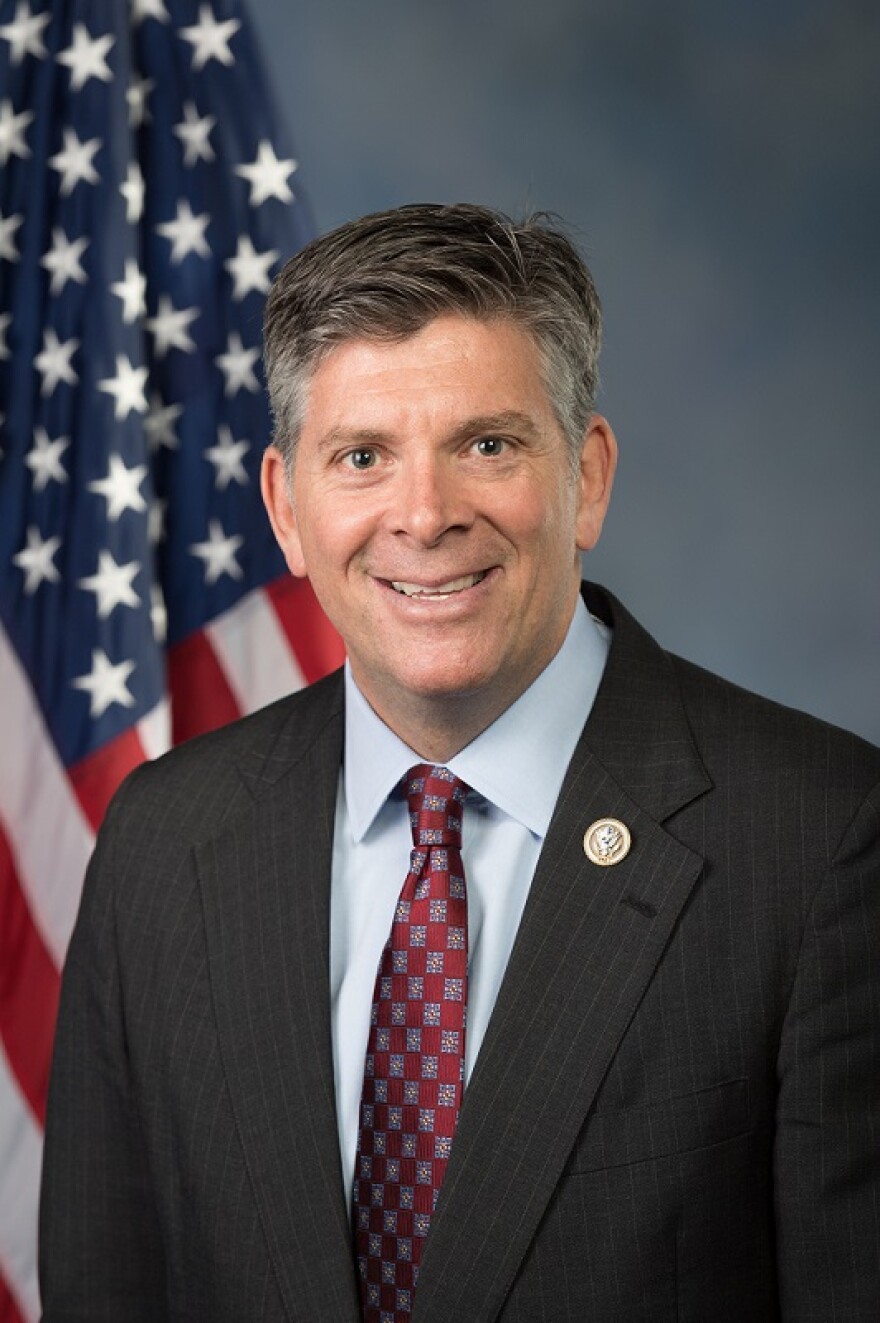U.S. Rep. Darin LaHood voted “no” on a compromise bill aimed at raising the nation’s debt ceiling and delaying a potentially catastrophic default for at least a few more years. LaHood believes the “Fiscal Responsibility Act of 2023” was too light on fiscal responsibility.
“We're $32 trillion in debt in this country, our debt has gone up exponentially over the last 15 years, we've had no ability to get our spending under control,” said the Republican congressman from Dunlap. “That's number one. Number two, I would also acknowledge both Republicans and Democrats are at blame for our debt.”
LaHood says his “no” vote is a reflection of what he hears from constituents.
“My constituents have told me that we have not gone far enough in reining in federal spending,” he said. “And so my preference would have been the bill to be a lot stronger and more fiscal responsibility in the bill.”
The measures LaHood supports were present in the Republican's original debt ceiling proposal, known as the Limit, Save, Grow Act of 2023. Among those provisions: clawing back $500 billion in leftover COVID money, freezing spending at 2021 levels, expanding work requirements on federal food assistance programs and taking back funding issued to the Internal Revenue Service.
Some of these actions were included, in limited forms, in the compromise bill. The compromise returned around $27 billion in COVID funds, caps spending at current levels with a slight increase over the next few years and raises the work requirement age for food stamps from 50 to 54.
“I think Speaker McCarthy did a fairly good job in using his leverage, as the House Republican Speaker, to work on this,” LaHood said. “And I think also, it showed the administration that you have to negotiate with the Republicans.”
Though the bill faced criticism from members of both parties, it passed the House with more Democratic than Republican support. LaHood says he doesn’t believe this shows any weakening of McCarthy’s position as Speaker.
LaHood had previously stated that defaulting wasn’t an option. He says there would have been time to negotiate a new bill before default and the June 5 deadline.
“I would just say on that, I think the arbitrary date put in place by the Biden administration, particularly Secretary Yellen, I think was arbitrary,” he said. “I think it could have been pushed back.”
Republican Illinois congressional representatives Mike Bost and Mary Miller also voted no.
With the debt ceiling compromise passed, LaHood is also looking to the future. He spoke highly of Florida Governor Ron DeSantis during the presidential candidate’s visit to Peoria earlier this year. LaHood says he’s glad DeSantis has officially announced his campaign.
“I think he's got a good track record in Florida in terms of looking at all the statistics, you know, they have record low crime there, they have the best economy in the country,” said LaHood. “He continues to lead on many different issues in Florida. And so I think that message could be a winning message as he goes on into the presidential race.”
LaHood also listed fighting Brazilian tariffs on American ethanol and working with the select-committee on China as priorities during his visit to East Peoria’s regular Eggs and Issues event at the Par-A-Dice hotel last week.


